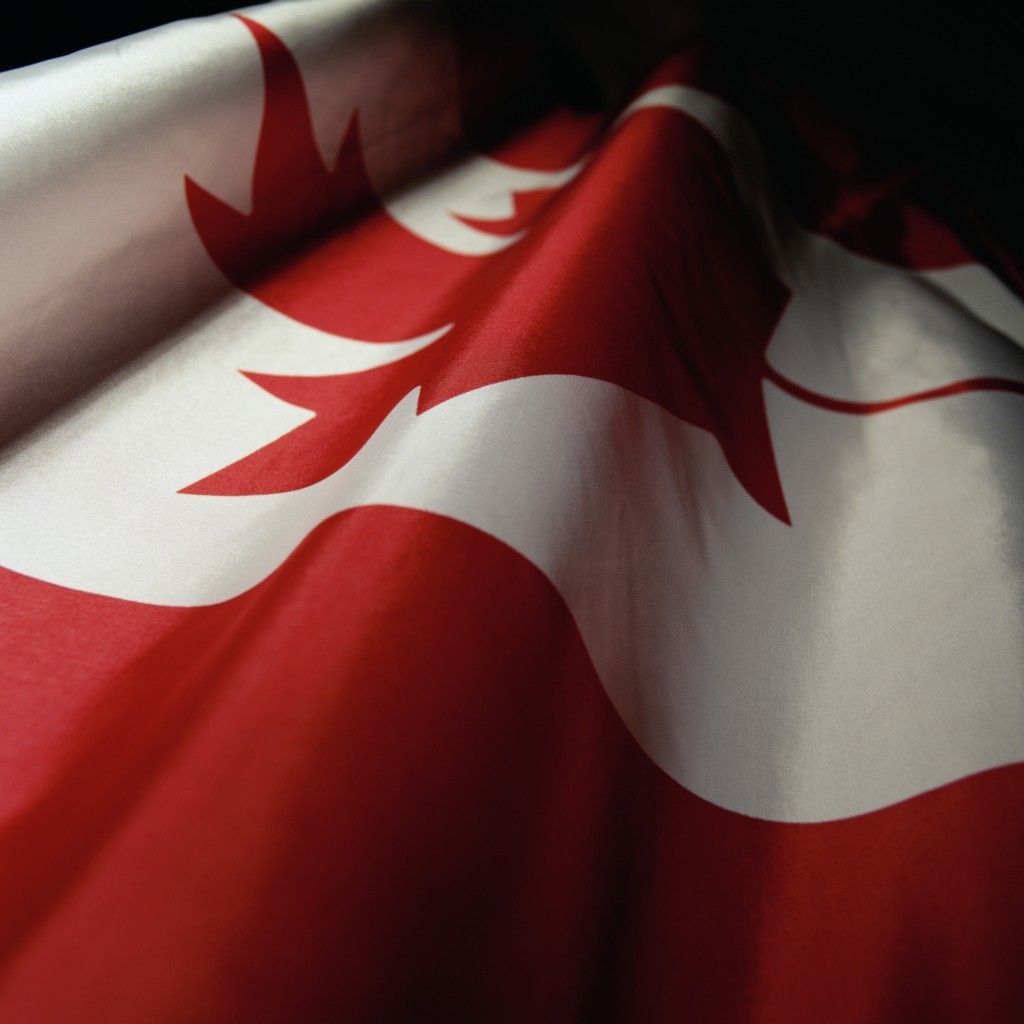
Canadian Prime Minister Justin Trudeau’s government has approved Petroliam Nasional Bhd’s C$36 billion ($27 billion) Pacific NorthWest liquefied natural gas project on British Columbia’s Pacific coast.
Environment Minister Catherine McKenna, Natural Resources Minister Jim Carr and Fisheries Minister Dominic LeBlanc made the announcement near Vancouver late Tuesday. It was Prime Minister Justin Trudeau’s first decision on a major energy project after a pro-environment campaign swept him to power last year.
The project is “an important opportunity to grow our economy and shows how we are rebuilding Canadians’ trust in our environmental assessment process,” McKenna said.
The approval comes just as developers are shelving multibillion-dollar gas export projects from Australia to the U.S. amid weakening demand in Asia and Europe. Shipping consultants Poten & Partners forecast in March that at least a quarter of global LNG production would be “homeless” by 2021 as supplies surge.
Canada placed 190 conditions on the project approval, which Petronas will have to meet in order to proceed. The conditions include a cap on carbon gas emissions. Petronas has said it will review the project after the government decision, which Trudeau had given himself until Oct. 2 to make.
Carr has said the government would make its decision without any guarantees from the Malaysian state-owned energy company that the project would actually be built.
Pacific NorthWest includes an LNG facility on Lelu Island near Prince Rupert and a related gas pipeline and upstream components. It would ultimately produce up to 19.2 million metric tons a year of LNG, or what the company describes as up to one LNG tanker’s capacity each day.
The project was strongly supported by British Columbia’s provincial government, but local indigenous groups were divided amid concerns about its impact on salmon habitat. Trudeau had campaigned on stronger indigenous consultation.
Earlier on Tuesday, opponents of the project said they expected it to be approved and pledged legal action.
“We will state our adamant opposition to this. The next step for us is litigation,” John Ridsdale, a hereditary leader with the Wet’suwet’en, known as Chief Na’Moks, said by phone. His community is inland of the proposed development but argues its environmental effects, particularly on fisheries, would be far-reaching.
Ridsdale and Glen Williams, president of Gitanyow First Nation, each said a ministerial meeting on the Petronas project they were due to attend in Ottawa Tuesday was cancelled so that ministers could fly to B.C. to announce its approval.
Trudeau has pledged to reduce Canadian carbon emissions and toughen environmental standards. While the Petronas project is forecast to emit as much as the equivalent of 14 percent of British Columbia’s current total, Trudeau said last month that LNG is a cleaner source of electricity than coal or oil.
Petronas will decide on whether the project proceeds. No major gas projects have gone ahead in British Columbia amid regulatory delays and low prices. In July, Royal Dutch Shell Plc and its partners delayed a final decision on their C$40 billion LNG Canada project. Chevron Corp.-led Kitimat LNG has slowed spending on another project nearby.
More than 30 liquefied natural gas projects have been proposed along the coasts of North America to export gas as shale drillers pull more out of the ground than domestic markets can absorb. These terminals face headwinds as the world is dealing with its own glut of LNG.
